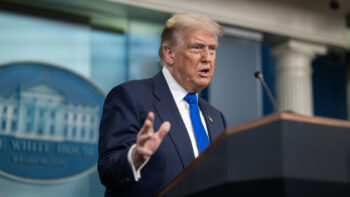Two US congressmen – from both sides of the political spectrum – have called on the US Department of Commerce to investigate whether mobile devices from Chinese brand OnePlus pose a threat to national security. In the background is a recurring question that has been electrifying the technology industry for years: where is the line between innovation and geopolitics?
The case may seem familiar – Washington has hit Chinese tech giants such as Huawei and ZTE before, blocking their access to the US market. This time, suspicion has fallen on OnePlus, a subsidiary of Oppo, owned by BBK Electronics. According to a classified analysis cited by members of the China committee, OnePlus devices are said to potentially collect sensitive user data and upload it to servers under Chinese jurisdiction – and without the informed consent of phone owners.
Although OnePlus is not as widely recognised as Apple or Samsung, it has gained a noticeable share of the Android smartphone market in the US – largely through sales by Amazon and Best Buy. OnePlus phones are compatible with Verizon and T-Mobile networks, making them a viable choice for millions of consumers.
Washington’s concerns could have wider implications. If the Department of Commerce undertakes a formal investigation – and even more so if it leads to sanctions – it could mean another wave of US-China tensions in the technology sector. In 2022, the Federal Communications Commission has already halted the approval of equipment from Huawei, ZTE, Hikvision and Dahua, among others, citing similar concerns.
In parallel, the pressure on retailers is increasing. Amazon and Best Buy may be forced to scrutinise Chinese manufacturers’ device offerings, even if these are popular and competitively priced. In practice, this means that private technology companies will increasingly be forced to respond to decisions made in the context of national security, not just consumer demand.
The OnePlus case may also influence the discussion on data protection regulation. The US lacks uniform regulations comparable to the EU’s RODO, and cases such as this show how difficult it is to enforce transparency against foreign technology manufacturers.
Will OnePlus share the fate of Huawei and ZTE? For now, this is just an appeal by congressmen, not a judgment. But the signal is clear: in an era of geopolitical competition, it is not enough to offer a good product – you also need to gain the trust of regulators. And this, in the case of the Shenzhen-based companies, is becoming increasingly difficult.












